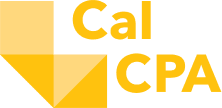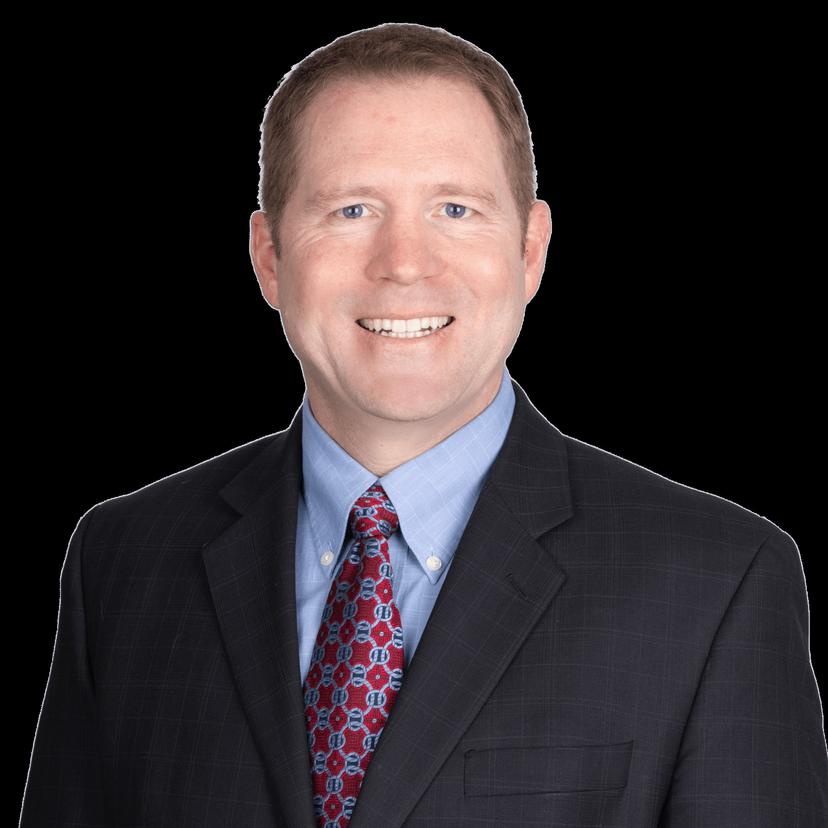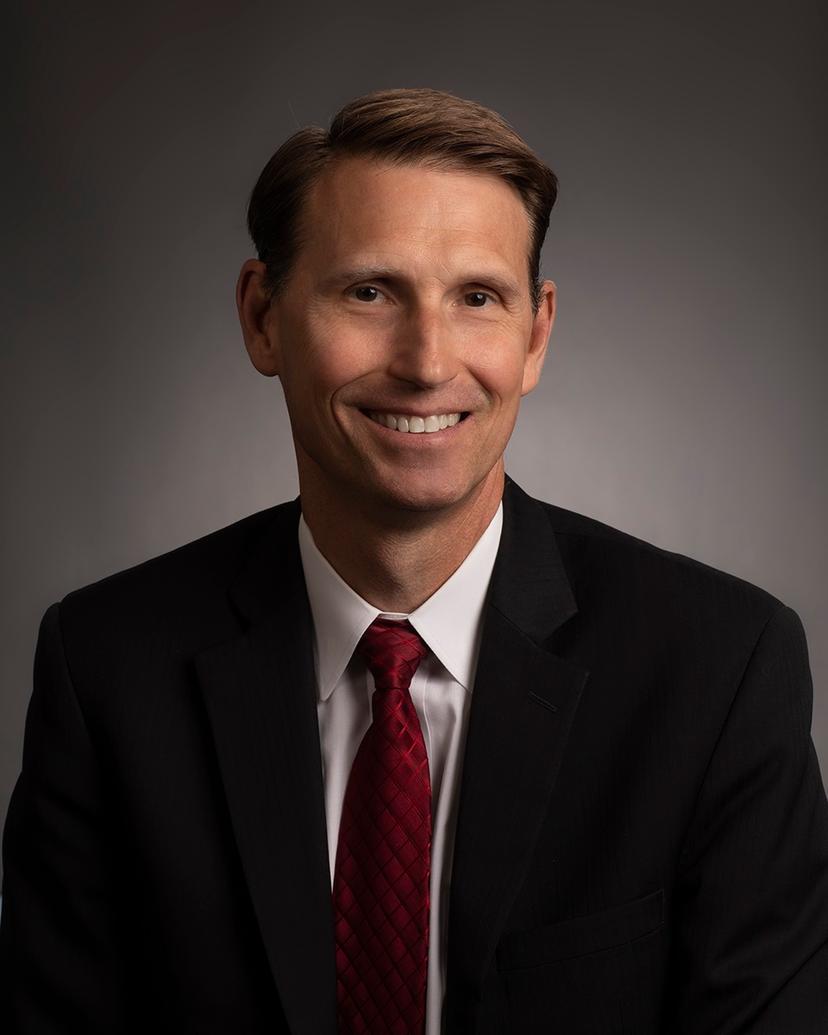Governmental Accounting & Auditing Virtual Conference
Date: April 18 - 19, 2023
Time: 8:30 a.m. – 12 p.m. PT
Member
$459.00
Nonmember
$579.00
Members, log in to access your discount.
Overview
GASB changes, Single Audits, new SAS reporting requirements: Governmental accounting and auditing continue to be complex but essential practice areas for the profession. Join us to stay on top of the latest legislation and regulations. During this event, you'll receive timely information on GASB updates, as well as perspectives on strategic priorities and hot topics. You'll also gain insights into what's happening at the local and federal levels.
Product Code
1000001912
Credit Type
CPE: 11CPE-AA: 11CPE-GT: 11CPE-Technical: 11YB: 11Format
Virtual
Intended Audience
CPAs, financial professionals and officials who work with governmental entities, as well as professionals in government who need to stay current on government finance and audit.
NASBA Field of Study
Accounting (Governmental)
Level of Difficulty
Update
Prerequisites
Basic understanding of governmental accounting and auditing.
Advance Preparation
None
Learning Objectives
Agenda
8:30 – 9:20 a.m. PT
Single Audit Update
Join us as we present important updates and reminders to take into consideration as you start planning your 2023 single audits. We’ll cover a number of updates from the industry as well as some common findings and pitfalls you may encounter during this year’s single audit.
Topics covered:
- COVID-19 and Infrastructure Act grants update
- 2023 Compliance Supplement insights
- Data Collection Form submission changes
- Common findings and pitfalls
Speaker(s)
Tammy EricksonMatthew Dinsdale
9:20 – 10:10 a.m. PT
SAS 142-145 Relating to Risk Assessment Audit Evidence and Specialists
There have been fundamental shifts in the most basic concepts of auditing in the past several years; most notably risk assessment and audit evidence. This session will focus on the impact of the most recent auditing standards to auditors and their audits.
Topic covered in this session include:
- A basic understanding of the scope of new auditing standards
- How each standards is impacting audits today and tomorrow
- Tips and tricks for implementation
Speaker(s)
Danielle Supkis Cheek
10:10 – 10:20 a.m. PT
Break
10:20 – 11:10 a.m. PT
Internal Control Considerations
Local governments are facing increasing difficulty to maintain strong internal controls due to staff shortage, high turnover, and changing working arrangements. This session will discuss common pitfalls of internal control and provide practical tips on how to improve from both financial and cybersecurity perspectives. Audience participation and questions will be encouraged.
Topics covered:
- Briefly discuss concept of internal control
- Overview of the five components of the COSO framework
- Common pitfalls of internal control for financial activities and cybersecurity, and tips for improvements
Speaker(s)
Katherine Wingka Yuen KrischDonald Hester
11:10 a.m. – 12:25 p.m. PT
GASB 96, 94, and 87
Topics covered in this session include:
- Subscription based IT arrangements
- What we learned from GASB 87
- Focus on GASB 96 and GASB 94
Speaker(s)
David George Bullock
12:25 – 12:55 p.m. PT
Lunch
12:55 – 2:10 p.m. PT
GASB Update
This session will give an overview of the GASB pronouncements that become effective in the coming fiscal years. The session also will explain some of the projects on GASB’s current technical agenda.
Topics covered:
- Statements 94 and 96
- Recently issued Statements 99, 100, and 101
- Current technical agenda projects including the Financial Reporting Model Improvements Project and the Revenue and Expense Recognition Project
Speaker(s)
Lisa Parker
2:10 – 3 p.m. PT
How to Spot and Stop Fraud
This session addresses fraud detection and prevention and focuses on tasks, activities and personalities that statistically are most likely to be exploited and exploitive. Additionally, this session will identify the controls needed to thwart fraudsters because 'trust is not an effective control."
Speaker(s)
Peter Mark Hughes
8:30 – 9:20 a.m. PT
ERP Implementation Best Practices
It’s the great migration to the cloud and this session will cover what the organization can do to not get left behind. This session discusses the key things from getting the organization ready for the implementation journey all the way through optimizing the system on an ongoing basis.
Topics covered:
- Tips for setting the software implementation up for success
- Maintaining and enhancing internal controls within a new ERP system
- Embedding change management throughout the software selection process
Speaker(s)
Cheryl OlsonVincent Stevens
9:20 – 10:10 a.m. PT
CPI and Local Agency Budgets
In this session, we will discuss inflation and how it may impact public agency budgets in the coming years. Labor, services and supplies, revenue and much more, we will delve into it all.
Topics covered:
- How inflation is impacting budget assumptions
- Being able to make the budget
- Rising interest rates
- Preparedness for next recession
Speaker(s)
Russ Branson
10:10 – 10:20 a.m. PT
Break
10:20 – 11:10 a.m. PT
Hot Topics Roundtable
11:10 a.m. – 12 p.m. PT
Common Financial Reporting Deficiencies in Government Financial Statements
In this session, we will explore the key components of an annual comprehensive financial reporting and delve into strategies for preparing mistake-free financial statements. We will also discuss how to keep pace with an evolving Generally Accepted Accounting Principles (GAAP) landscape, ensuring that your financial reporting stays compliant with the latest standards.
Topics covered:
- Prepare mistake-free financial statements
- Components of an annual comprehensive financial reporting
- How to keep pace with an evolving GAAP
- Review of common financial reporting deficiencies
Speaker(s)
Dennis William Kauffman JrKenneth Pun











